From Ownership to Access: The Psychology Behind the Subscription Economy
Last month, Emily found herself staring at her credit card statement, puzzled by the growing list of recurring charges—Netflix, Spotify, Adobe Creative Cloud, meal kits, vitamin subscriptions, and even a monthly box for her dog. She suddenly realized how deeply embedded she had become in a web of subscriptions. Despite owning fewer physical products than ever before, she had access to more services and experiences than at any point in her life. This paradox sparked Emily’s curiosity about the psychological roots of our collective shift from ownership to access—a fundamental transformation in consumer behavior that defines our era. To her, the subscription economy isn’t just a business model innovation; it’s a mirror reflecting evolving human psychology in the digital age. As society moves from accumulating possessions to curating experiences, Emily recognized the importance of understanding the cognitive and emotional forces driving this shift—for both businesses and consumers navigating this rapidly changing landscape.
1. The Psychological Foundations of the Subscription Shift
The transition from ownership to access-based consumption represents a profound psychological shift. Traditional economic models assumed consumers maximize utility through ownership, but behavioral economists like Daniel Kahneman have demonstrated that we're not purely rational actors. The subscription economy capitalizes on several key psychological principles:
Reduced Cognitive Load
Subscriptions minimize decision fatigue—the psychological burden of repeated choices. According to research by Columbia University's Sheena Iyengar, eliminating small decisions preserves cognitive resources for more meaningful choices.
Loss Aversion
Once integrated into daily routines, subscriptions exploit our tendency to avoid losses more strongly than we pursue gains. Cancellation feels like losing access rather than saving money—a principle identified by prospect theory pioneers Kahneman and Tversky.
The Endowment Effect
Through personalization algorithms, subscriptions create a sense that content or services are uniquely tailored to us, increasing perceived ownership despite the absence of legal possession.
2. From Material Possession to Digital Access
The material-to-digital transition has fundamentally altered how we perceive value:
Dematerialization of Value
Spotify's 70+ million songs occupy no physical space but provide greater utility than a personal vinyl collection. Research from the Journal of Consumer Psychology indicates that younger generations increasingly derive identity from accessed content rather than owned objects.
Experience Economy
As documented by Pine and Gilmore, modern consumers increasingly prioritize experiences over possessions. Netflix doesn't just deliver content; it creates cultural currency—shared experiences that strengthen social connections.
Sustainability Concerns
Subscription models align with growing environmental consciousness. According to Nielsen's global sustainability report, 73% of millennials are willing to pay more for sustainable offerings, and subscription models often reduce resource consumption through shared access.
3. The Neuroscience of Subscription Satisfaction
Brain imaging studies reveal fascinating insights into how subscriptions affect neural reward pathways:
Anticipatory Pleasure
Research from Stanford University shows that subscription services activate the brain's reward prediction pathways. The anticipation of a monthly box or new content releases triggers dopamine release similar to other pleasurable expectations.
Variable Reward Mechanics
Many subscription services employ variable reward mechanics—the psychological principle behind gambling addiction. When Spotify delivers a personally meaningful song or Netflix recommends the perfect show, these unpredictable positive experiences create powerful habit loops identified by Stanford's B.J. Fogg.
Reduced Ownership Anxiety
UCLA researchers have documented that ownership creates maintenance anxiety. Subscription models transfer responsibility to providers, reducing the cognitive burden of maintenance and obsolescence concerns.
4. Business Model Transformation and Consumer Relationships
The subscription economy fundamentally transforms business-consumer relationships:
Recurring Revenue vs. Customer Sovereignty
While businesses benefit from predictable revenue streams, power dynamics shift. As Zuora founder Tien Tzuo notes, subscription businesses must continuously earn loyalty rather than securing one-time transactions.
Data-Driven Personalization
The subscription model's most powerful psychological lever is personalization. Netflix's recommendation engine drives 80% of content consumption through algorithmic curation that creates an illusion of infinite choice while actually narrowing options to those with highest predicted satisfaction.
Membership Identity
Many subscription services foster community identity. Peloton isn't selling exercise equipment but membership in a fitness community. Research from Harvard Business Review indicates that this sense of belonging significantly increases retention rates and willingness to pay.
5. The Future of Access-Based Consumption
The subscription paradigm continues evolving through several emerging trends:
Subscription Fatigue and Consolidation
Signs of cognitive overload are emerging as consumers manage multiple subscriptions. Deloitte's digital media trends survey indicates growing frustration with fragmentation, suggesting future consolidation opportunities.
Hybrid Models
Apple's hardware subscription program signals convergence between ownership and access. These hybrid models combine the psychological benefits of possession with the flexibility of subscription.
Web3 and Tokenized Ownership
Blockchain technologies are creating new ownership paradigms. NFTs and tokenization may redefine the psychology of digital possession by enabling verifiable ownership of purely virtual assets while maintaining subscription-like communities.
Conclusion: Balancing Access and Attachment
The psychology behind the subscription economy reveals profound truths about our relationship with possessions in the digital age. As access replaces ownership across industries, businesses must design their offerings with deep understanding of the cognitive and emotional needs driving this transformation.
For consumers, awareness of these psychological mechanisms enables more intentional choices about which subscriptions truly enhance wellbeing versus those that merely exploit cognitive biases. The most successful subscription models will be those that honestly address fundamental human needs rather than merely capitalizing on psychological vulnerabilities.
Call to Action
For business leaders navigating this landscape, prioritize these strategies:
- Invest in understanding the psychological drivers behind your specific subscription offering.
- Design for meaningful personalization that delivers genuine value, not merely exploits cognitive biases.
- Create community elements that transform transactional relationships into identity-based memberships.
- Develop metrics that measure long-term relationship value rather than short-term revenue maximization.
The future belongs to organizations that understand the subscription economy isn't merely a business model but a reflection of evolving human psychology in the digital age.
Featured Blogs
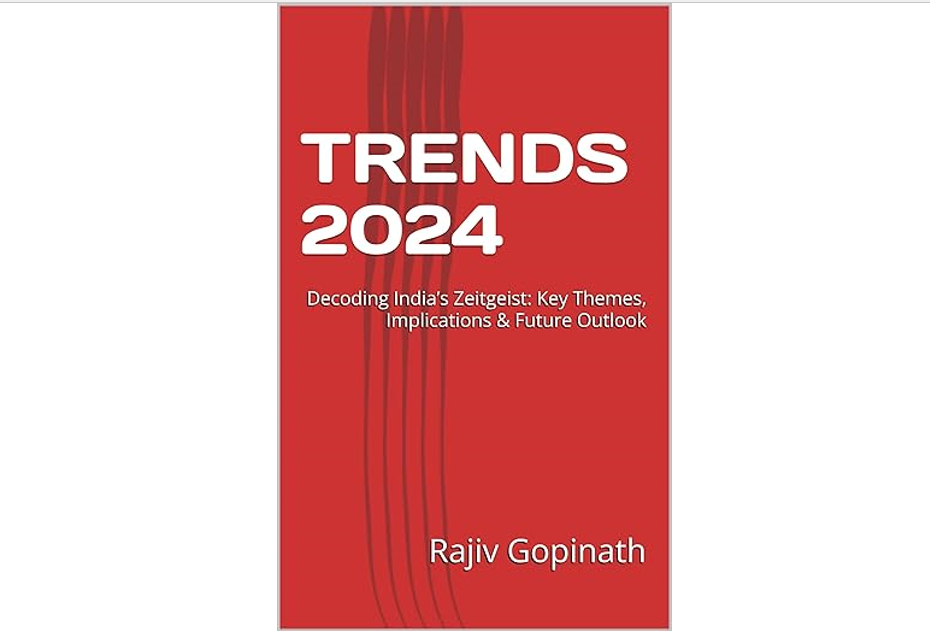
TRENDS 2024: Decoding India’s Zeitgeist: Key Themes, Implications & Future Outlook
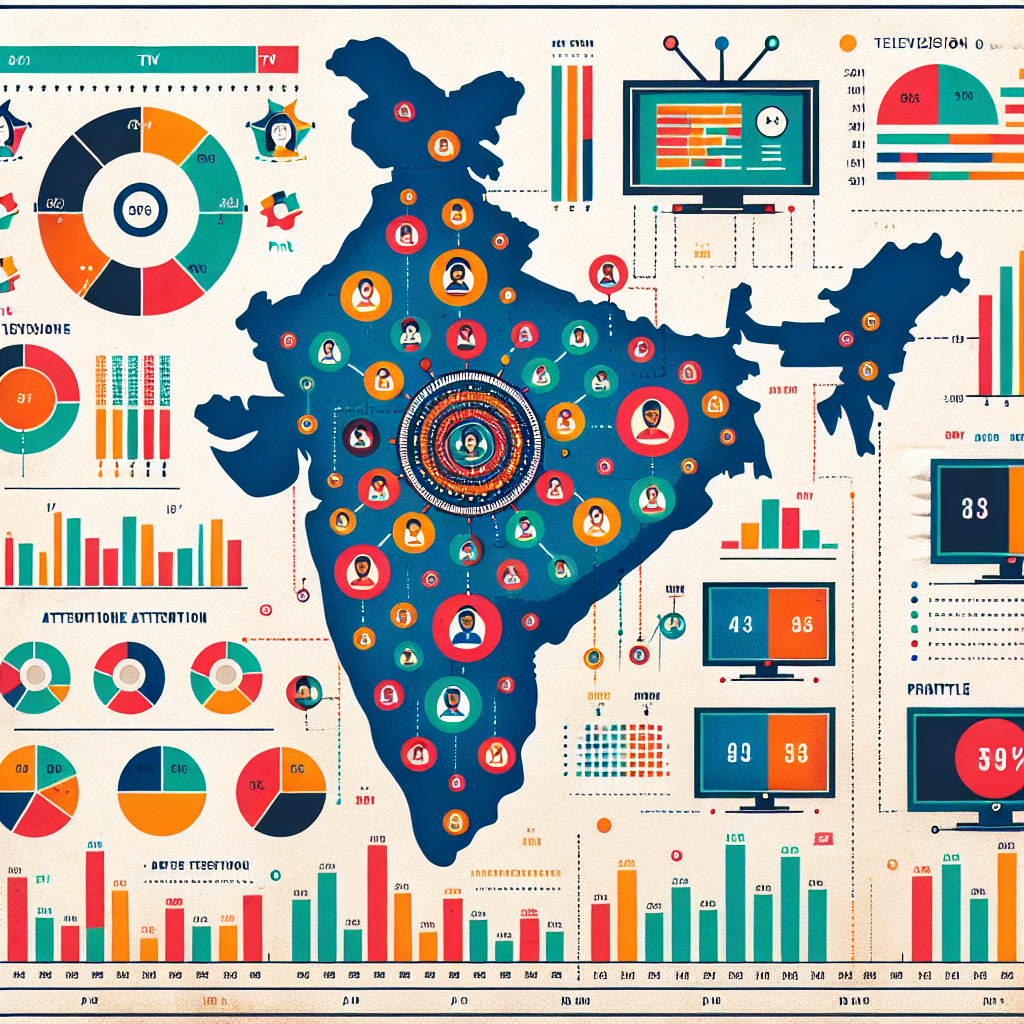
How to better quantify attention in TV and Print in India

AI in media agencies: Transforming data into actionable insights for strategic growth
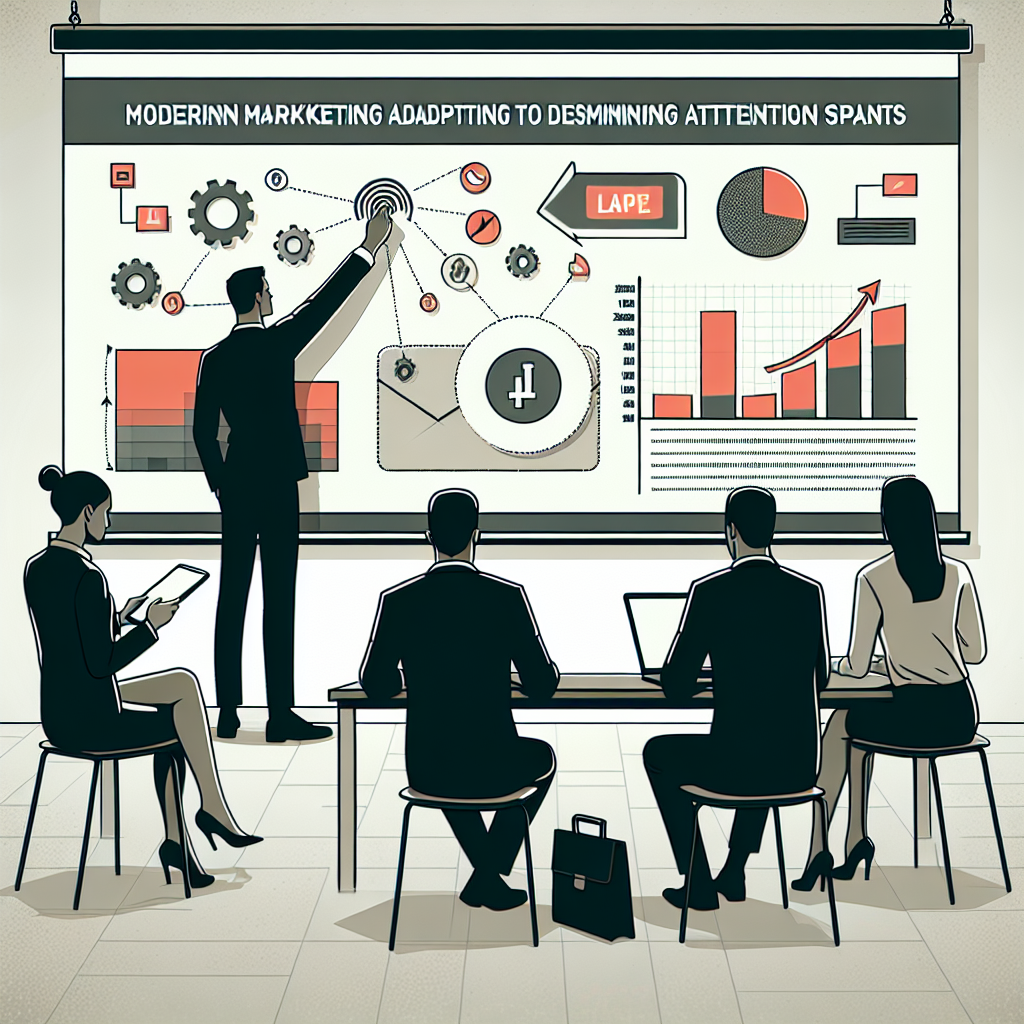
How the Attention Recession Is Changing Marketing
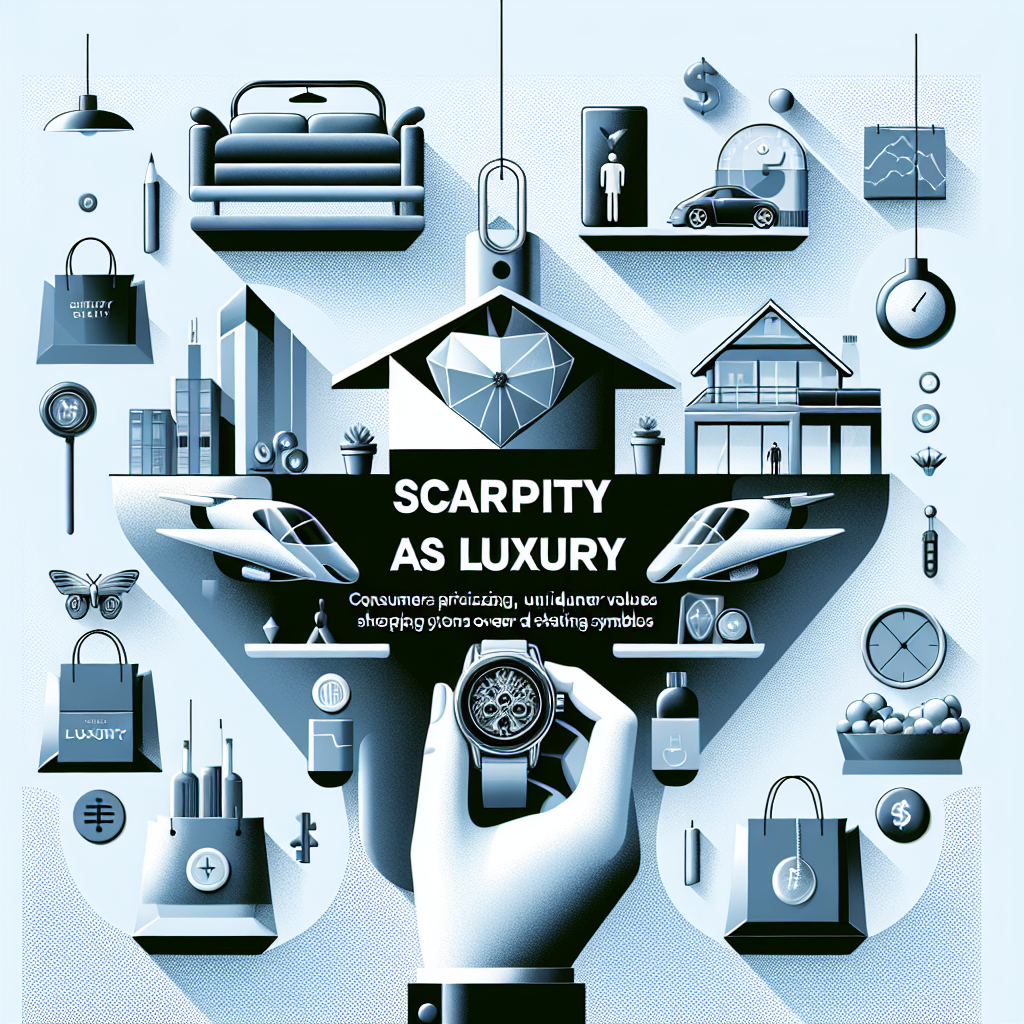
The New Luxury Why Consumers Now Value Scarcity Over Status
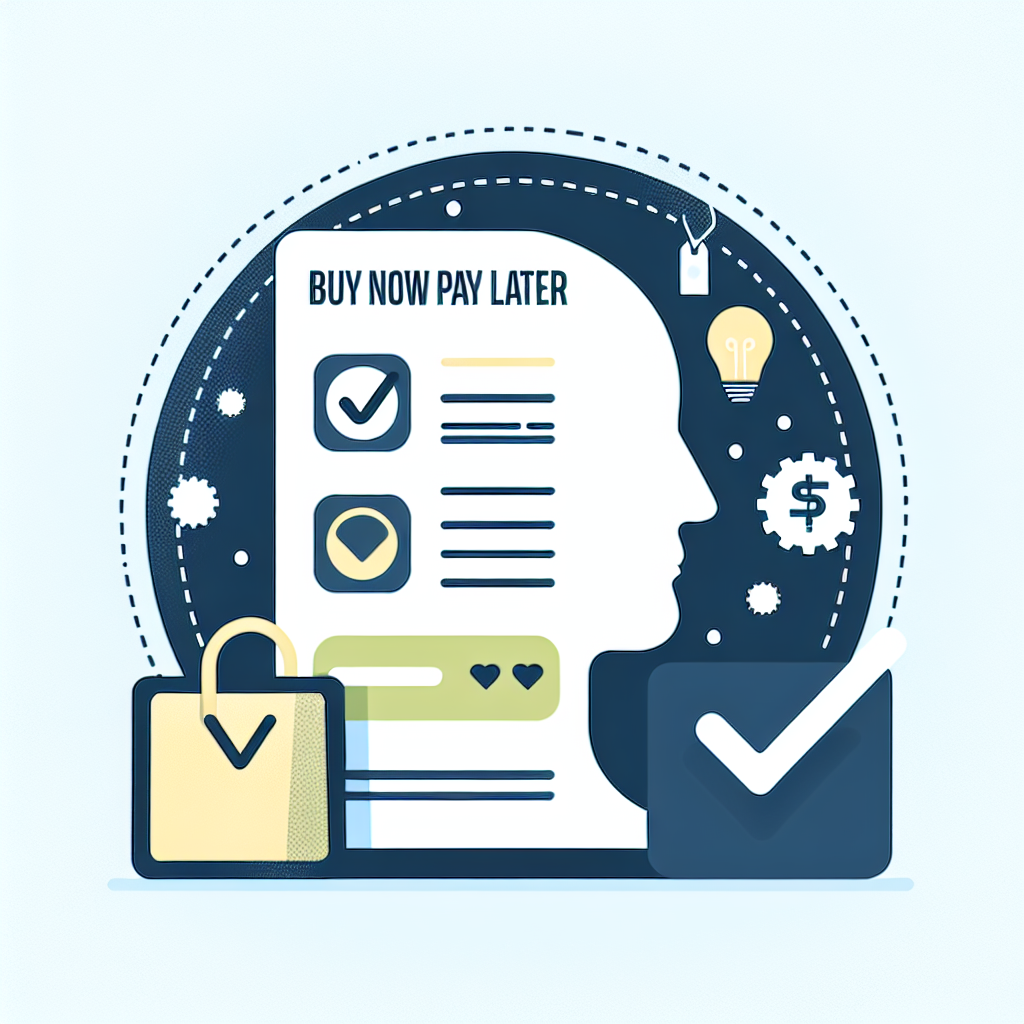
The Psychology Behind Buy Now Pay later
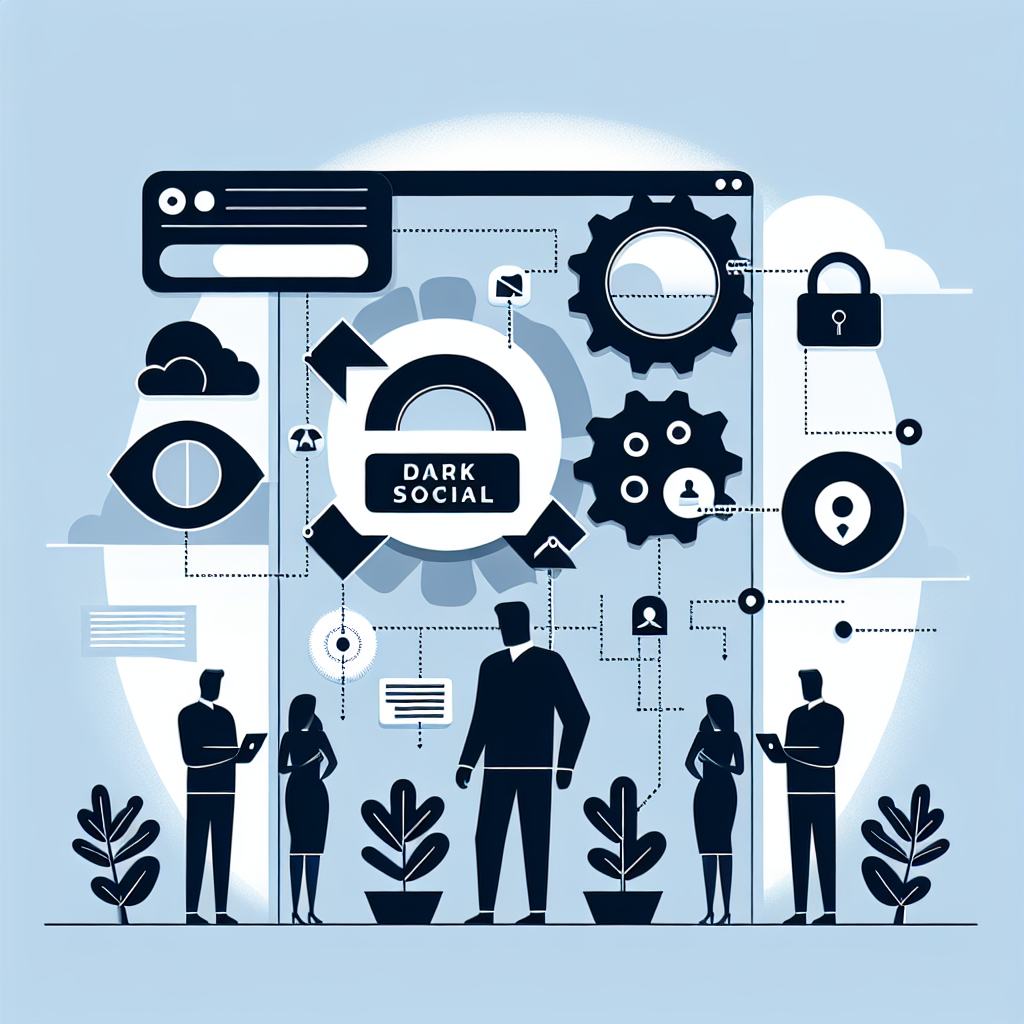
The Rise of Dark Social and Its Impact on Marketing Measurement

The Role of Dark Patterns in Digital Marketing and Ethical Concerns








